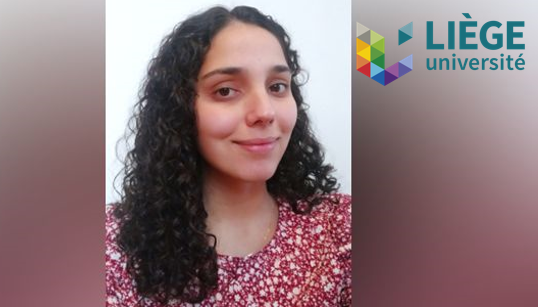Hello! My name is Sabela Teixeira Taoada. I am originally from Santiago de Compostela, a charming city in the north of Spain. I have a bachelor in Chemical Engineering and a master in Industrial Ecology. Now, I am working as a researcher for the Life Cycle Assessment (LCA) team at the Université de Liège, in Belgium. I am passionate about finding sustainable solutions that make a positive impact in society. Hence, I feel excited about working in the PILATUS project, particularly contributing to reduce the environmental impact of SHJ-IBC technology. I believe that this state-of-the-art photovoltaic technology has a big potential to speed up the energy transition.
What was your original motivation to become a researcher/project manager?
Since I was a kid, I always had a curious mind, willing to understand the world that surrounds us. Working in research allows me to keep nurturing my curiosity by learning new things from every project I am involved in and developing a critical thinking.
What is your (main) research area today?
Today, my main research area focuses on analysing the potential environmental impacts caused by photovoltaic technologies, from the extraction and processing of raw materials to the end-of-life of the product. To do this, I work doing Life Cycle Assessment: an international and standardized environmental assessment tool.
What is the main focus of your team in PILATUS?
In PLATUS, Université de Liège focuses on evaluating the sustainability of the SHJ-IBC technology. This is done through the eco-design of the different components and systems using LCA as well as assessing the environmental burden of the final designed solution. We aim to find and reduce high polluting steps, and at the same time spreading environmental awareness among the technology developers.
From all your activities within the project, what are you the most proud of/keen to share with the public?
I am deeply enthusiastic about supporting the technological development from an environmental point of view. More sustainability improvements are possible when eco-design is done at early stages of research development. This part is key to ensure low carbon footprint and to improve circularity of products.
How do you expect the PILATUS results will impact your organisation and the PV sector in Europe?
PILATUS will extend our expertise by using LCA in a field that we have not investigated yet. In addition, scaling up a novel and promising PV technology such as the SHJ-IBC, with the whole supply chain retained in Europe, will show the key role solar energy will play to decarbonize the future EU energy system and make it more affordable and secure.

